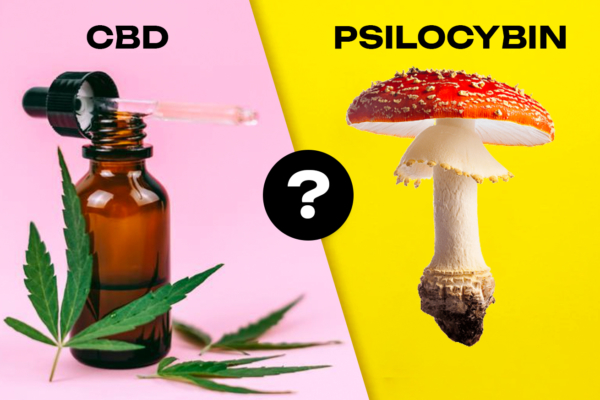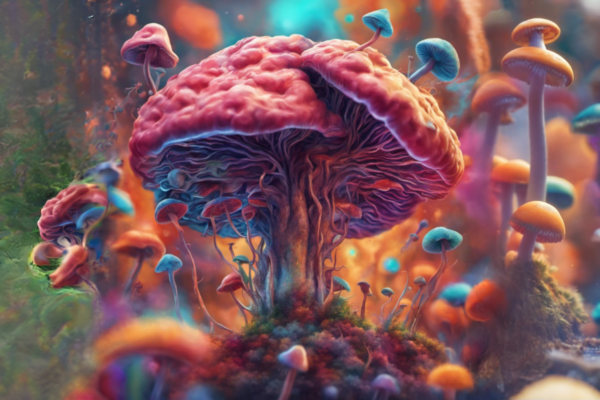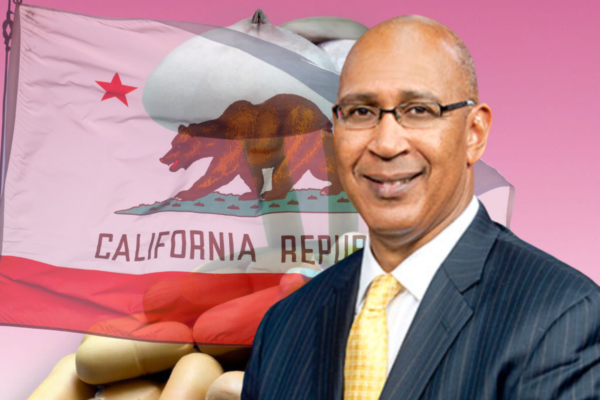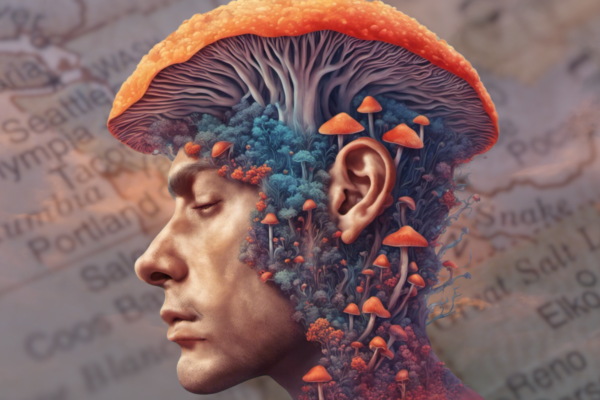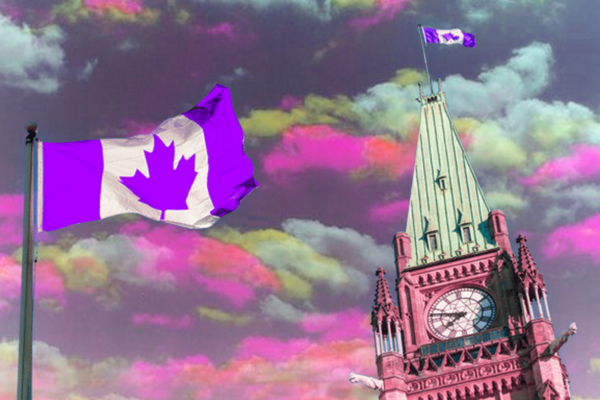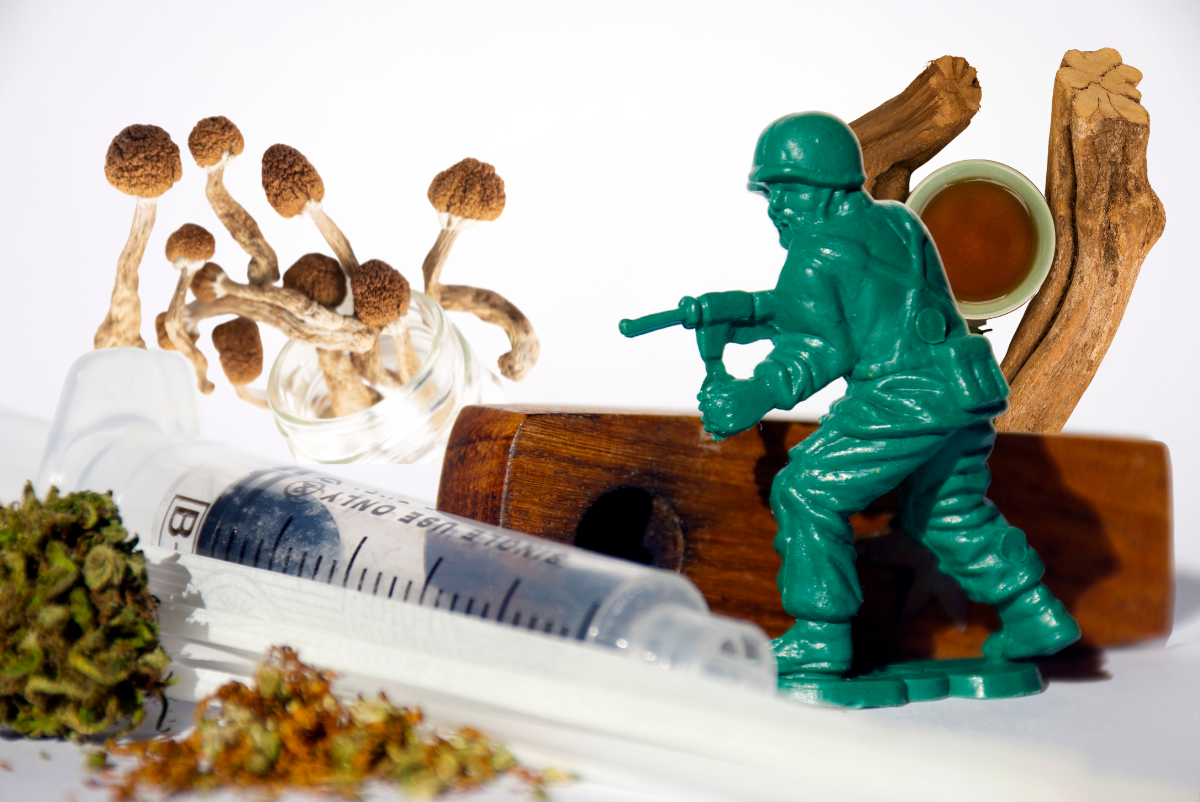
If you’ve ever been to Amsterdam, you have most likely heard that drugs there are all ‘legal’. While it isn’t exactly true, you are much less likely to end up in a jail cell for having a personal amount of narcotics while walking around the city. The sale of cannabis in the Netherlands is illegal, yet the Dutch turn a blind eye to coffee shops selling cannabis, if they adhere to certain criteria: no advertising, no sale of hard drugs, no sales to persons under 18, no causing of public nuisance and no sales of quantities of more than five grams per transaction. It is an offense to produce, possess, sell, import or export either hard drugs or cannabis.
However, it is not an offense to use drugs. The Dutch solution is to allow the controlled use of small amounts of soft drugs, thus decriminalizing a large proportion of soft drugs use, and divert resources to go after the criminals who profit from drugs, and those who supply hard drugs.
Drug decriminalization is a phenomenon that’s been increasing throughout the world as city, state, and federal governments have been trying to counter criminal enterprises and health crises by removing much of the legal burden from substances that people are going to use anyway; no matter how illegal or hard to acquire you make them.
Even the USA, famous for its decades long ‘War on Drugs’, now has its own examples of this style of policy. Back in November of 2020, Oregon citizens passed Measure 110, a measure which decriminalized the possession of small amounts of any drug.
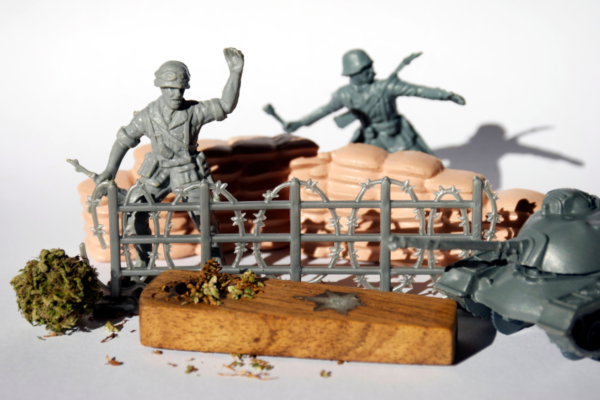
This includes drugs like heroin, methamphetamine, LSD, cocaine, and more. The city of Denver, Colorado has also decriminalized possession of small amounts of other drugs, including psychedelics such as psilocybin mushrooms and MDMA. While these substances are still technically illegal, possession is punishable only by a fine, and there is no risk of jail time.
So…What does drug decriminalization mean?
Decriminalization vs. Legalization?
These policies represent something referred to as ‘decriminalization’, which isn’t the same as drugs being outright legal. Drug legalization would get rid of all criminal and civil penalties related to possession or personal use of a given drug. This would coincide with actual regulations being enacted to instill governmental oversight on how and where the substance could be produced, sold, and/or consumed. An easy example of a legalized drug would be something such as alcohol, which is legal to produce, sell, and consume all under specific circumstances.
Decriminalization, on the other hand, is the removal of specifically criminal penalties for the violation of established drugs laws. These drug laws still exist in places such as the Netherlands, Portugal, Oregon, British Columbia, and elsewhere as drugs are still technically illegal to possess and use. However, law enforcement simply turns a blind eye and there is no prosecution for charges related to personal drug use. Decriminalization also tends to replace criminal charges for drug use with civil penalties such as mandatory education or treatment programs, or a fine.
The sale and manufacture of drugs can still carry heavy criminal penalties. Measure 110, for example, eliminated serious criminal penalties for personal use but it did not legalize the production or sale of drugs. Manufacturing or distributing LSD is a felony punishable by a maximum of 20 years in prison and a $100,000 fine in the state of Oregon.
Why decriminalize drugs at all?
The goal behind most decriminalization efforts is to change the way drug use is viewed and punished by society. Historically, drugs have posed a moral and legal issue for personal users and evolving legal policies are being positioned to make them more of a health and social issue.
This can help to alleviate the stigma typically surrounding drug use, which would then ideally increase the chances that a drug user would seek help or treatment when they need it. People would also likely not have to endure the same negative social outcomes such as losing their home or job than can result from engagement with criminal justice systems.
Decriminalization typically also reduces strain put on the criminal justice system by reducing the burden on the courts plus time spent by police and law enforcement on personal use related drug matters. Not to mention reducing the overall costs of imprisonment.
Where are drugs decriminalized?
Drug decriminalization efforts have substantially increased over the past 10-20 years, as Portugal’s 2001 policy has been consistently deemed a success on the front of both reducing criminal enterprise and health risks to its citizens.
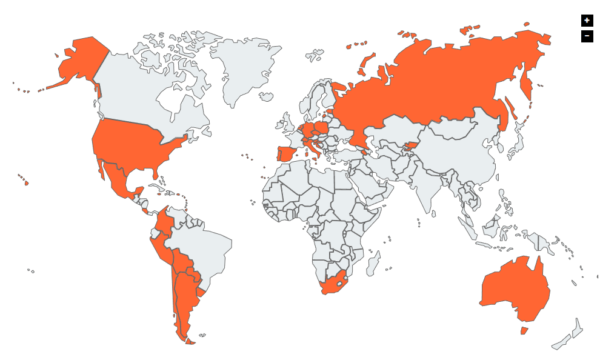
This map created by Talkingdrugs.org breaks down decriminalization and legalization proceedings on a global scale as things currently stand.
Ever heard of a ‘Fix Room’?
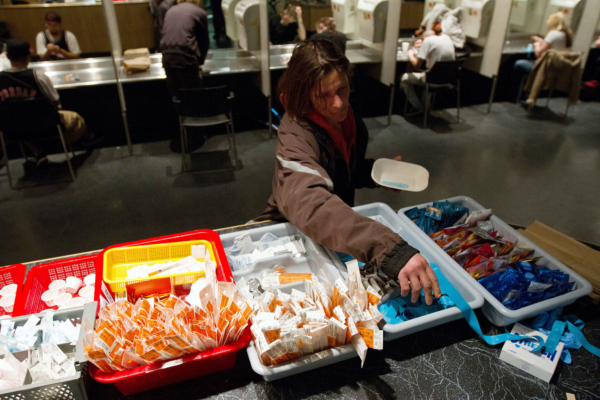
In June 2012, the Danish Parliament passed legislation making it possible for municipalities to open so-called drug consumption rooms (known in Denmark as “fix rooms” and elsewhere, more specifically, as supervised injection sites) — facilities where adults with serious addictions can bring their illegal drugs and take them, legally, under the watchful eye of a nurse. Canada has its own history with what are called ‘Supervised Injection Facilities’ or SIFs; Switzerland too.
Learn more about decriminalization around the world:
Overview: Decriminalisation vs legalisation
The soft drug policy of the Netherlands
Want to Win the War on Drugs? Portugal Might Have the Answer
Toronto Moves to Decriminalize Psychedelics
Seattle Decriminalizes Natural Psychedelics
Decriminalize Nature Cofounder Wants to Free Entheogens Everywhere
